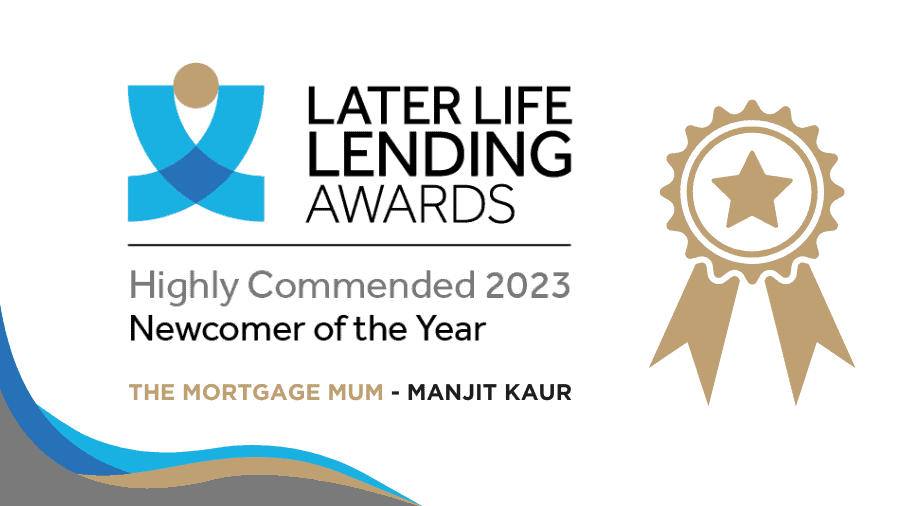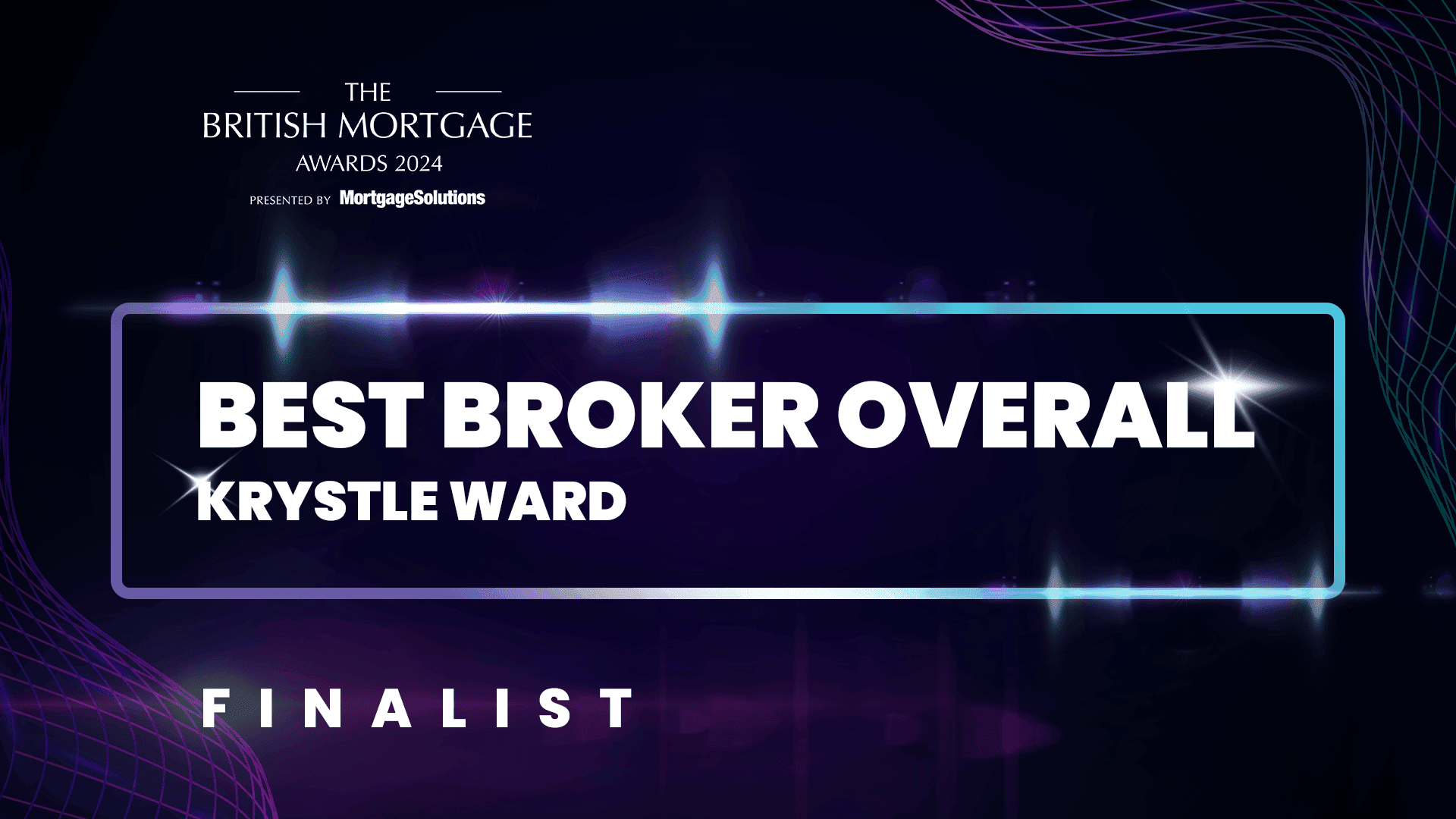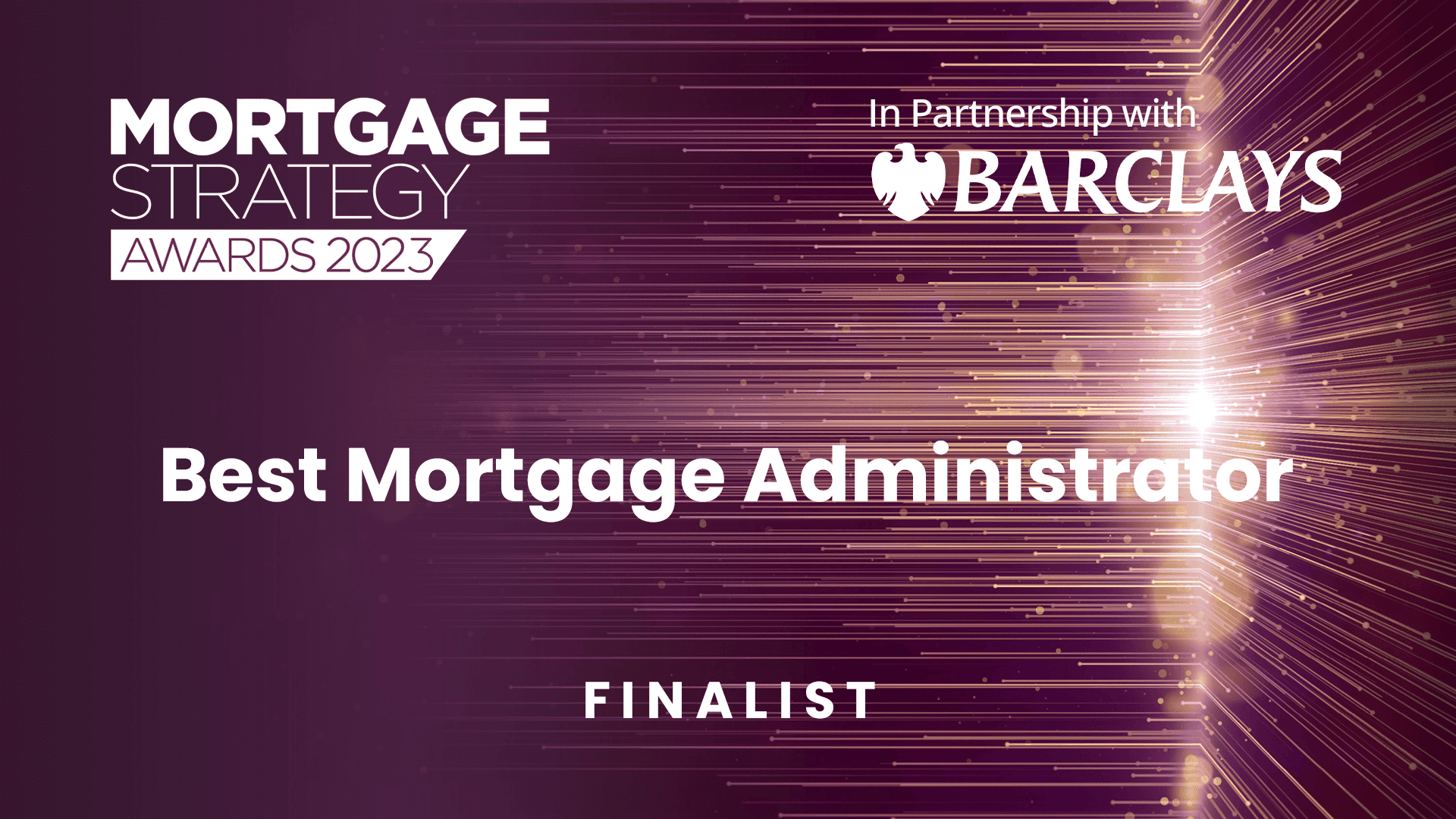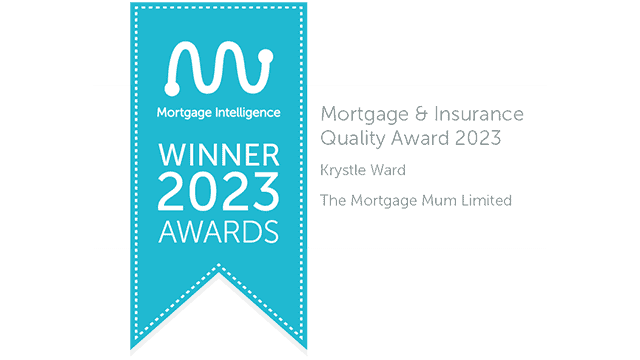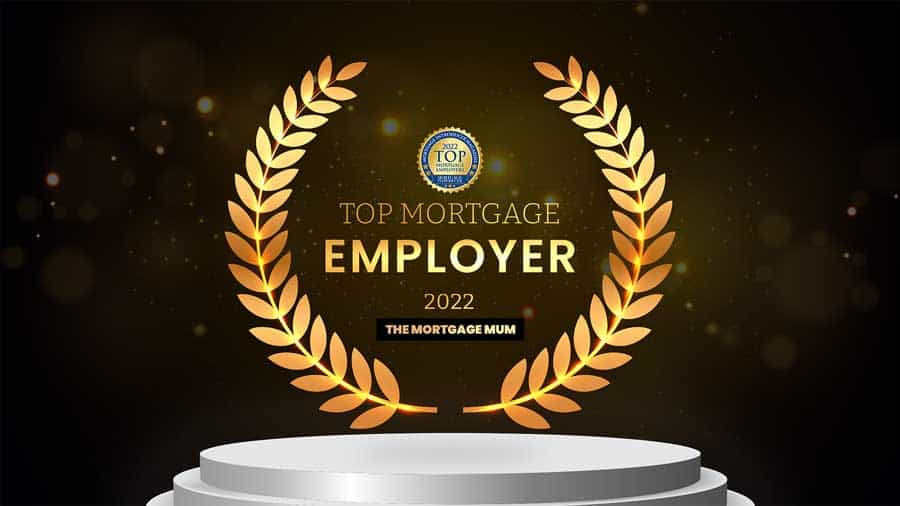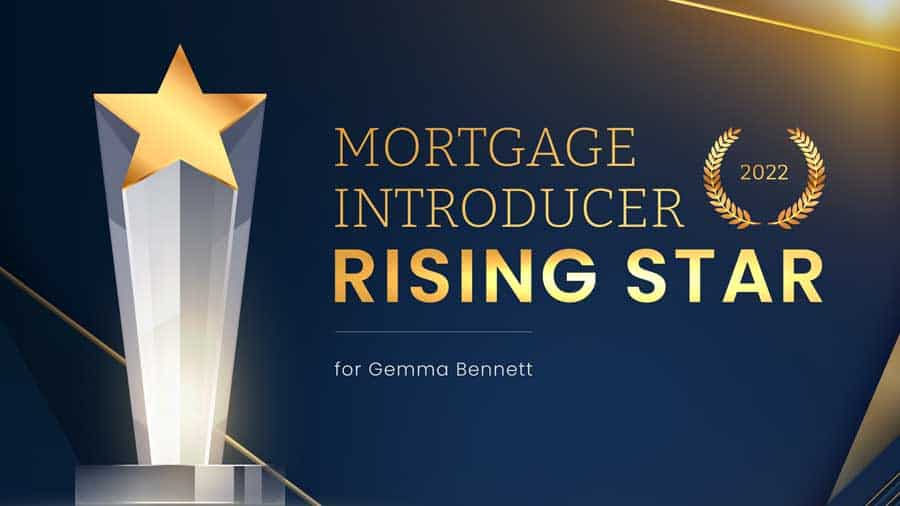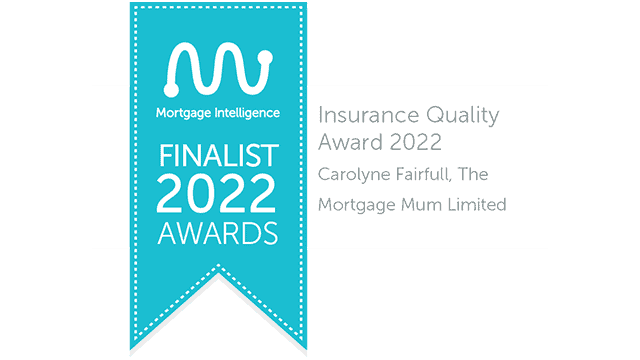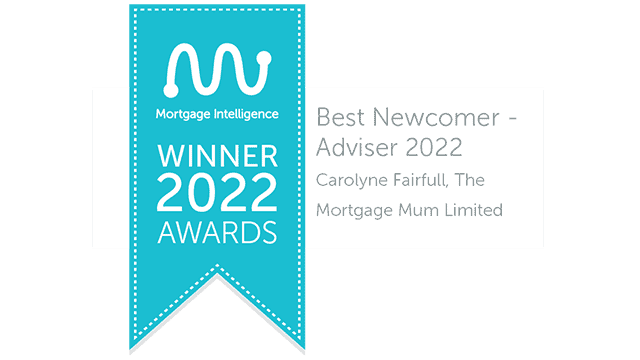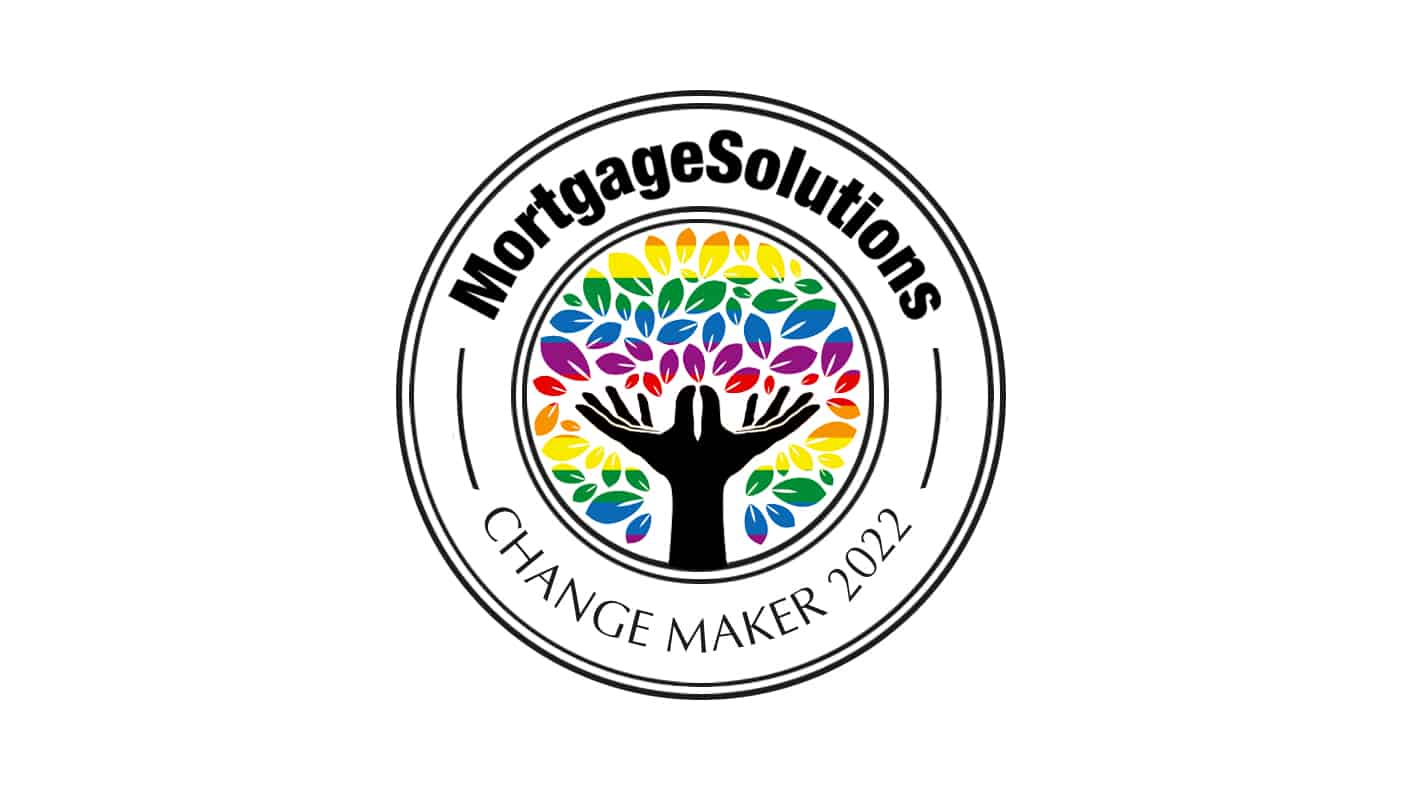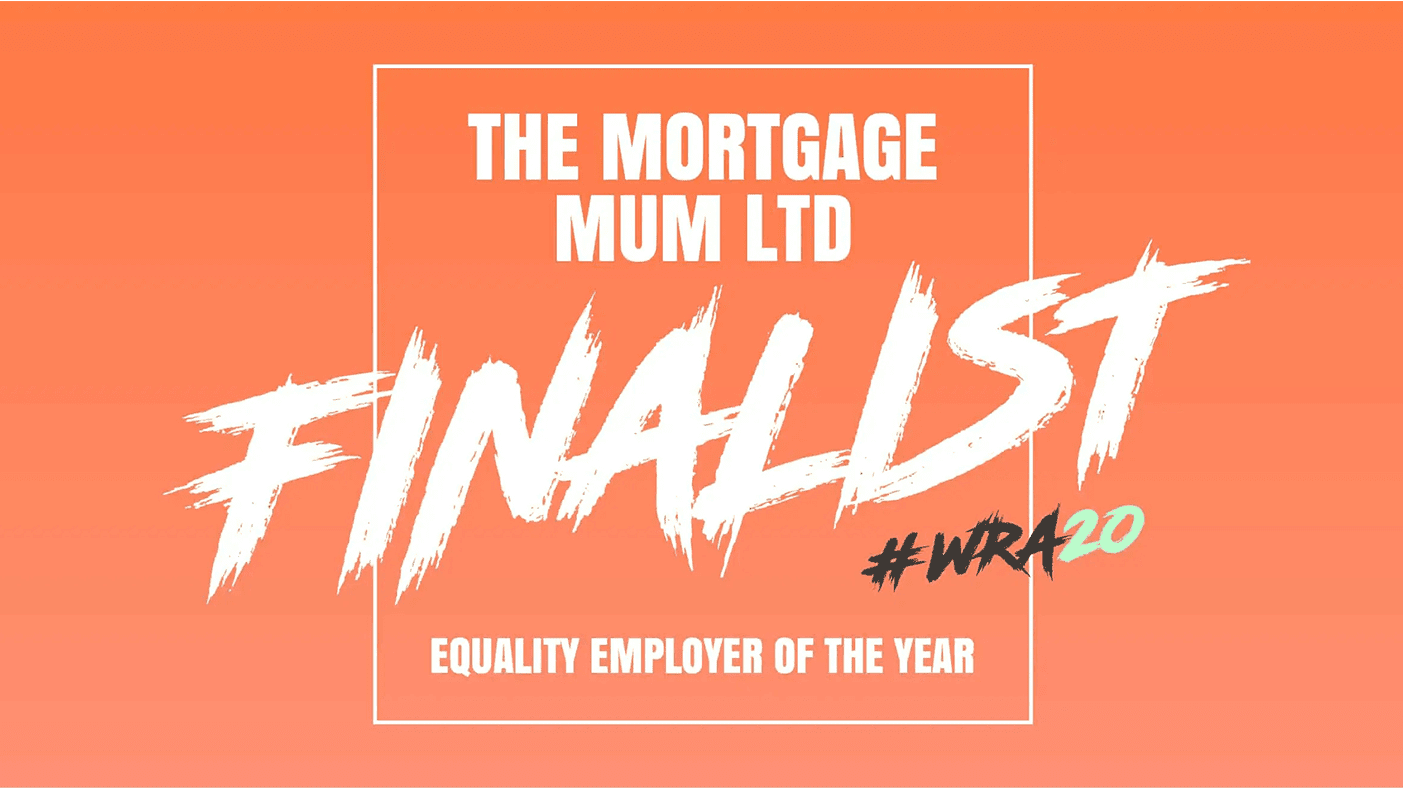New Build Remortgage
- Multi- Award winning team
- Wide range of lenders
- Bespoke service, tailored to you
- Available at all hours, including after bath time!
Get in touch for an initial free, no obligation chat with an advisor about how we might be able to help.

Get in Touch
New Build Remortgage
A very warm welcome to today’s Mortgage Mum podcast. Here at The Mortgage Mum we are really passionate about celebrating new-build properties and shining a light on this area of the market.
Today, we’re continuing our remortgage season by talking about new build remortgages. And who better than to do that than our very own head of new builds, Charley O’Neill?
Tessa’s hosting the episode as normal and asking us all the questions you have when it comes to remortgaging new build properties.
Why remortgage my new build property? What are the reasons for remortgaging?
Charley: There are plenty of reasons you might want to remortgage a property – and there are lots of different schemes you may use to buy new build property in the first place.
Quite often, a reason to remortgage a new build could be to repay Help to Buy finance or a loan or scheme you used to help purchase the property. That can make the remortgage process a bit more complicated.
But the main reason to remortgage is that the rate you purchased the property with is coming to an end. If you’ve gone with a fixed rate mortgage, this is a great opportunity to remortgage. Or, maybe your circumstances have changed. Maybe you want to put an extension on your property or release some money to purchase a Buy to Let.
It could just simply be that you want to pay off some of your mortgage, or go with a different interest rate that might be better suited to your needs at that time.
How does remortgaging for a new house work?
Sarah:
As Charley touched on, with new build properties the biggest difference is that you can be involved in a scheme such as Help to Buy, which can make the remortgage process a bit different.
It’s really important to shine a light on this, because not many people are well prepared when it comes to remortgaging a Help to Buy property. You need to leave more time – that’s the real message to get across.
It’s the paperwork – because you have to go to the housing association, whether you’re paying it off or not. You’ve got to allow for a third party and their timescales to get things done.
If you’re on a scheme like shared ownership or Help to Buy, please leave about six months before your rate expires.
Otherwise, it’s very similar to a normal remortgage. Again. too many people don’t realise that they will come off that fixed rate and then sit on a variable rate. That will be more expensive, more often than not.
If you’re sitting on a variable rate and you’re listening to this, please pick up the phone because you’re probably wasting money every month. There’s really no valid reason for that.
How long do you have to own a property before you can re-mortgage?
Sarah:
Most lenders like you to have owned it for at least six months, but it really depends on your early repayment charge and why you want to remortgage before your fixed rate or tracker rate is coming to an end.
Perhaps something’s changed in your personal situation, but ideally, people wouldn’t look at a remortgage until the end of their current fixed rate. We would recommend coming to us six months ahead of that end date.
Can you remortgage a new build with no proof of income?
Charley:
I think it’s important here to highlight the difference between remortgaging a property and a product transfer. If you’ve got a mortgage and your rate is coming to an end, you can just switch to a new rate.
A broker would check that everything’s still affordable before they’d advise you to take a new one. Essentially, staying with that same lender might not need proof of income.
But if we’re going to a new lender, or if you’re looking for a longer term mortgage or to borrow more money, you’re always going to need to prove you can afford that mortgage.
It’s really important for a responsible lender, even if you already borrow the money from someone else, to make sure the monthly payments are still affordable and it’s still the right
thing for you to have that mortgage.
But you can potentially switch to a better rate with your current lender, without proof of your income.
Can I remortgage my new build property if I have bad credit?
Sarah:
People really worry when they have bad credit that they just cannot get a mortgage. They’re probably holding on to a bit of shame, that potentially stops them asking an advisor.
That’s where these podcasts are so important – because someone can be listening to this right now in the comfort of their own home and get the information they need.
Perhaps you are somebody this relates to, or you know somebody that has got into bad credit. They may have missed some payments, paid late or even had CCJs or bankruptcies.
Please encourage them to get in touch with an advisor – that’s what we’re here for.
We know how to work with applications of all different kinds. At The Mortgage Mum, we really want to empower you with knowledge – that might be something you’ve just not had up till now.
You can remortgage a new build property if you have bad credit, and it really depends on the severity of that bad credit. But it will make a difference to the rate that you pay and subsequently your monthly repayments.
It’s really important to work with an advisor that’s going to give you a long-term plan as well as a short-term solution. It won’t always look this way if you do follow that plan.
So you can remortgage, but it’s probably not going to be with a high street lender, depending on how bad the credit situation actually is.
Speak to an expert
We will work at times that suit you and your family, carrying out appointments via video call, telephone or email, giving you the benefit of first class service, around your own schedule, and in the comfort of your own home. So let us handle your mortgage today and find out how well we can look after you, The Mortgage Mum way!
Can I be declined a remortgage on my new build property?
Charley:
Yes, and bad credit is definitely one of the reasons a remortgage can be declined. That’s why it’s so important to talk to an advisor, particularly if you have concerns over your credit history.
We’ve got that knowledge to help stop mortgages being declined – although it can still happen. A lender is looking at the property itself and your current situation, so credit history can have an impact. But also, has your income changed? Is it suitable for that lender?
Lenders change their criteria all the time. They may have certain levels of sort of deposit that you need to have in the property. This is where it may be different for a new build versus a secondhand property. You may view your property as a new build because no one’s lived in it before, but lenders have different definitions. It could need to have been built within the last two years.
If you’ve done a one-year fixed rate on your mortgage and then go to remortgage elsewhere, you might still be restricted by a lender’s new build criteria, which you didn’t expect. There are lots of different reasons a lender might not be happy with your remortgage and could decline it – but using a broker would reduce the risk of that happening.
Where something doesn’t quite work out, or an underwriter goes a different way on a decision for a remortgage, there’s usually a backup option. As Sarah touched on with the credit issues, another lender that specialises in credit history issues could be happy. As long as they accept new build property, that would be potentially a sweet spot for an application as a second try.
How can I better my chances of a good remortgage?
Sarah:
Preparation and time are key. The worst thing about a remortgage is getting the paperwork together. People are busy and just want to get on with their lives – and we recognise it’s a pain to get your paperwork together.
But after you’ve done that, we make life as easy as possible and do the hard work from there. If you can be organised with your paperwork in advance it’s going to really save time.
Little tweaks to your habits can make a massive difference later on. Putting your paperwork in order and having your pay slips in one place will really help.
Make sure you’ve kept on top of your credit score and you are managing any debt in the background. Keep everything looking as positive as it can – and that extends to your bank statements, as well.
Avoid taking out any new credit on top of an application, if you can wait. Too many people apply for a remortgage and then get some car finance at the same time, not recognising that that can change their affordability quite dramatically.
Definitely talk to your advisor if you’re thinking about taking out credit in the interim period or straight after. We really make sure that’s affordable to you now and in the future.
Think about your goals. It’s a really great opportunity to review where you’re at – what do your finances look like now, and what do you wish they looked like? What do your plans look like in the next two to five years? That’s going to help you make the right decision on the rate you book to reach those goals.
What are the benefits of remortgaging?
Charley:
The main reason to remortgage is to stay on top of things and not just float onto a variable rate. You’re then going to save the most money. There’s zero point in staying on a higher interest rate when there are potentially cheaper options available to you.
Perhaps your circumstances have changed. Maybe you’re buying more of that shared ownership property, or maybe you’re repaying your Help to Buy loan. Those are huge benefits of remortgaging. It’s going to help you achieve your goals with as little cost as possible.
How can a mortgage adviser help here? Is there anything else we need to know?
Sarah:
You should be finding somebody to work with on your mortgage and the things that wrap around that – whether that’s protection or wealth. When you find yourself a mortgage advisor that’s really going to look after you, it should be a lifetime relationship.
You’re going to have your mortgage for a long time, sad to say. Most people are going to have a mortgage for at least 10, 15, 20 years. Some people have 40-year terms. You’re going to need to regularly review it.
So pick yourself an advisor that really gets your life situation because they’ll be on that journey with you. That’s so valuable. There’s a phrase I love, which is – when you’re stuck inside the bottle, you can’t read the label.
That’s what it can feel like when looking at your own finances and your mortgage. Even those of us in the industry need advice when it comes to our own mortgages – we need somebody to look at our situation from the outside in.
An advisor will do that. Yes, you can Google, but it’s not going to get you the advice you need to make the right decisions. I would really, really encourage you to have that conversation with somebody.
Charley:
Absolutely. Once we have clients working with us they truly do see the benefit and recommend us to their friends and family. That’s a huge compliment, and they do come back again and again.
You can truly see the benefits of how much helps – and how much money we can potentially save you, as well.
THINK CAREFULLY BEFORE SECURING OTHER DEBTS AGAINST YOUR HOME.
YOU MAY HAVE TO PAY AN EARLY REPAYMENT CHARGE TO YOUR EXISTING LENDER IF YOU REMORTGAGE.
YOUR HOME MAY BE REPOSSESSED IF YOU DO NOT KEEP UP WITH YOUR MORTGAGE REPAYMENTS.






















